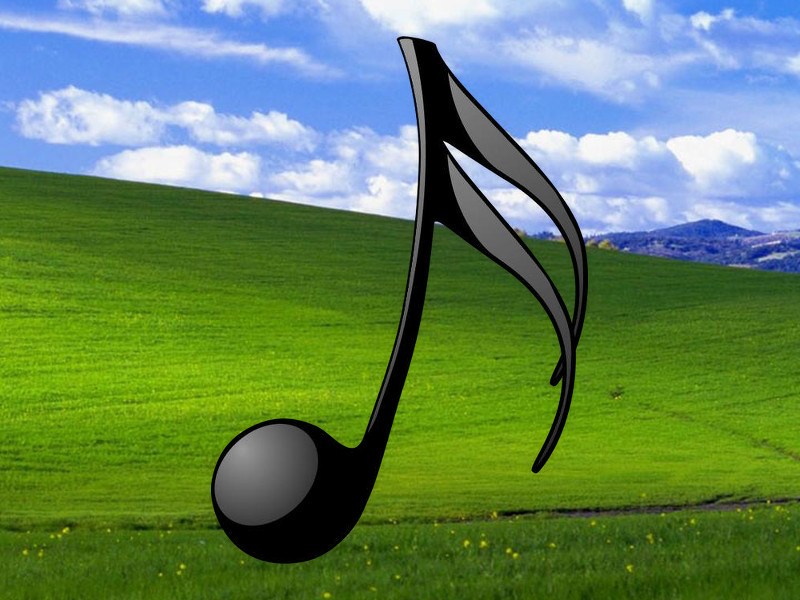
In parallel, another document was released by Lazzaro and Wawrzynek to give details about practical implementation of the RTP-MIDI protocol, especially the journaling mechanism. In 2006, the document was submitted to IETF and received the number RFC 4695. In 2004, John Lazzaro and John Wawrzynek, from UC Berkeley, made a presentation in front of AES named "An RTP payload for MIDI".

RTP-MIDI is compatible with real-time applications, and supports sample-accurate synchronization for each MIDI message. Compared to MIDI 1.0, RTP-MIDI includes new features like session management, device synchronization and detection of lost packets, with automatic regeneration of lost data.

It is completely open and free (no license is needed), and is compatible both with LAN and WAN application fields. RTP-MIDI (also known as AppleMIDI) is a protocol to transport MIDI messages within Real-time Transport Protocol (RTP) packets over Ethernet and WiFi networks. midi-articles /rtp-midi-or-midi-over-networks ( May 2022) ( Learn how and when to remove this template message) The references used may be made clearer with a different or consistent style of citation and footnoting. The host system and multiple virtual machines can play sound at the same time.This article has an unclear citation style. Unlike OSS, ALSA does not require exclusive access to the sound device. Earlier versions of Workstation use the Open Sound System (OSS) interface for sound playback and recording in virtual machines running on Linux host systems.

On Linux host systems, Workstation 7.x and later supports Advanced Linux Sound Architecture (ALSA). Windows provides a driver for HD Audio that is not part of VMware Tools. Windows XP, Windows Vista, Windows 7 and most recent Linux distributions detect the sound device and install appropriate drivers for it.įor Workstation 7.x and earlier virtual machines, the vmaudio driver in VMware Tools is installed in 64-bit Windows XP, Windows 2003, Windows Vista, Windows 2008, and Windows 7 guest operating systems and in 32-bit Windows 2003, Windows Vista, Windows 2008, and Windows 7 guest operating systems.įor Workstation 8.x and later virtual machines, the High-Definition Audio (HD Audio) device is presented by default for both 64-bit and 32-bit Windows Vista and Windows 7 guest operating systems and their server counterparts. MIDI input is not supported, and no MIDI support is available for Linux guest operating systems. MIDI output from Windows guest operating systems is supported by the Windows software synthesizer. wav files, MP3 audio, and Real Media audio. Sound support includes pulse code modulation (PCM) output and input. Workstation Pro supports sound in all supported Windows and Linux guest operating systems. The Workstation Pro sound device is enabled by default. Workstation Pro provides a sound device that is compatible with the Sound Blaster AudioPCI and Intel High-Definition Audio Specification.


 0 kommentar(er)
0 kommentar(er)
